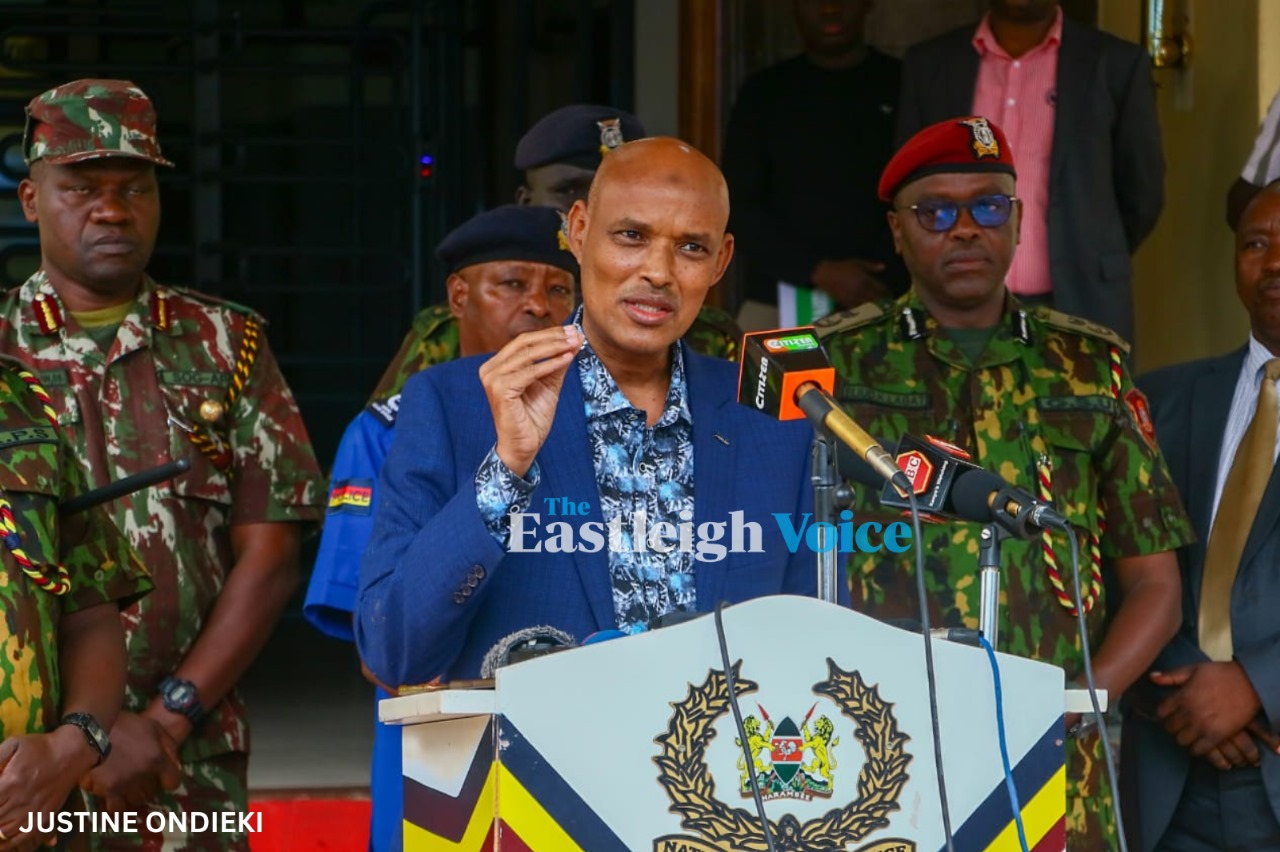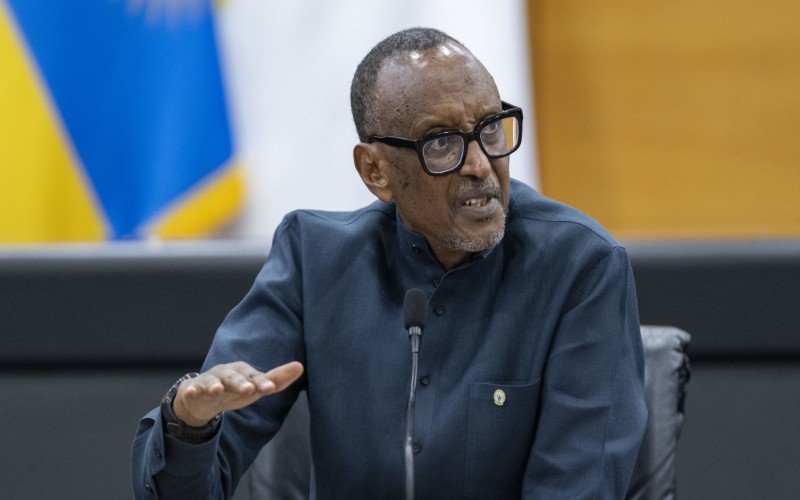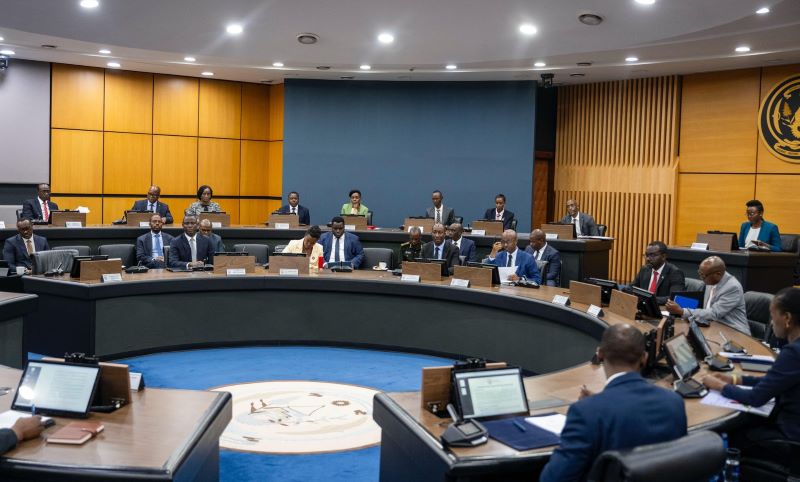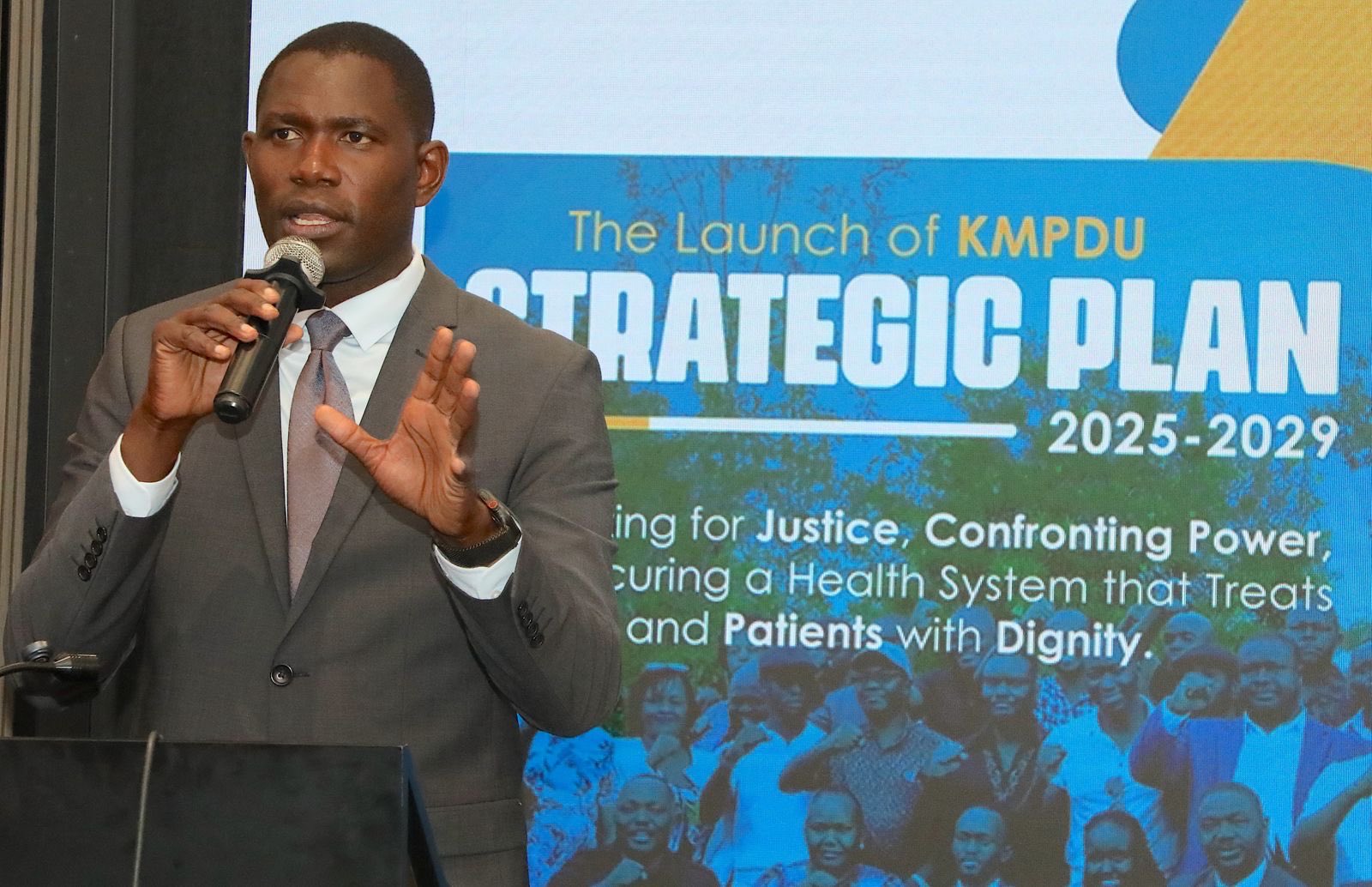DCI denies claims of illegal mobile surveillance amid increased abductions

“How were we executing our investigations before the evolution of mobile phones?” DCI Mohamed wondered.
The Director of Criminal Investigations (DCI), Mohamed Amin, has dismissed allegations suggesting that detectives are collaborating with mobile service providers to conduct unauthorised tracking and monitoring of citizens.
The denial follows a recent exposé that claimed state agencies and telecom companies had been accessing call data and location information to abduct suspects without proper authorisation.
More To Read
- Court allows detectives to detain seven Daystar students over death of colleague at Ngara Apartment
- Kanja admits police could have done better in handling Gen Z protests, advocates for training
- Man held in Kilimani over Sh2.5 million police recruitment scheme
- Audit reveals 200,000 police officer shortfall amid rising security demands
- Funding delays, operational weaknesses threaten police operations, says EACC
- NCIC warns of criminal gangs using social media to recruit, mobilise
Speaking on Wednesday during a press briefing, Mohamed described the accusations as unfounded, asserting that any data obtained from service providers follows legal protocols.
“On the issue of police conspiring with mobile service providers, we don't do that completely,” he said.
He explained that when the DCI requires information from service providers, it adheres to legal procedures.
“If we are interested in getting information from the service providers, we do so through the lawful means. We go to the courts, swear affidavits, and serve that order to the service providers. It is only after we get the orders that we have the service providers to work with us,” he said.
Mohamed further clarified that mobile phone data constitutes a minor aspect of the agency's investigative process.
“As we progress with our investigations, we don't entirely rely on mobile phones; mobile phone analysis only contributes to one per cent of our investigations, and in most cases where we are able to successfully investigate, it's a result of our forensic analyses and collection of evidence. The DCI and the NPS do not entirely rely on mobile service providers,” he said.
“How were we executing our investigations before the evolution of mobile phones?” he wondered.
The allegations have ignited backlash from Kenyan citizens, civil society, and the international community, raising concerns about potential privacy violations. U.S. Ambassador to Kenya, Meg Whitman, expressed her apprehension, urging the government to uphold privacy rights and democratic principles.
 DCI Director Mohamed Amin addresses the press at Jogoo House, Nairobi on July 14, 2024. (Photo: Justine Ondieki/EV
DCI Director Mohamed Amin addresses the press at Jogoo House, Nairobi on July 14, 2024. (Photo: Justine Ondieki/EV
“Privacy and rule of law are fundamental in democracies,” Whitman said, advocating for transparency and adherence to legal standards.
The surveillance controversy emerges amidst increasing public scrutiny of police conduct in Kenya, particularly in light of reports regarding the abductions and killings of young Kenyans involved in recent protests.
In June, the Gen Z demographic organised nationwide demonstrations against police brutality, economic hardship, and social injustices. While these protests garnered significant attention, subsequent reports detailed incidents of demonstrators being abducted, tortured, or killed.
Human rights organisations have voiced concerns that unauthorised mobile phone surveillance may have been utilised to track protesters following these events, highlighting fears of governmental overreach and the misuse of technology.
The National Police Service has faced criticism for what many view as a pattern of excessive force, unlawful surveillance, and illegal detentions. Rights groups, activists, and opposition leaders have raised alarms over the lack of accountability within the police service, calling for reforms to protect citizen rights.
The Gen Z protests were perceived as a powerful expression of frustration from Kenya’s youth, who feel increasingly marginalised by the government's failure to address accountability and economic challenges.
The reports of abductions and deaths linked to these protests have intensified public outrage, with families demanding investigations into alleged police misconduct.
Despite Mohamed's reassurances, public concern remains high, with increasing calls for an independent investigations into the allegations of unlawful surveillance.
Analysts and advocacy groups assert that any indication of state-sanctioned surveillance would constitute a significant breach of civil liberties. Several lawmakers have expressed their intent to pursue legislation aimed at enhancing oversight of surveillance technologies, ensuring that data collection adheres to strict legal and procedural protocols.
In response to these growing demands, Mohamed reiterated that Kenya’s investigative processes are committed to lawful and transparent measures, with mechanisms in place to prevent misuse. However, critics argue that without independent oversight, the claims of compliance are challenging to validate.
Top Stories Today















































